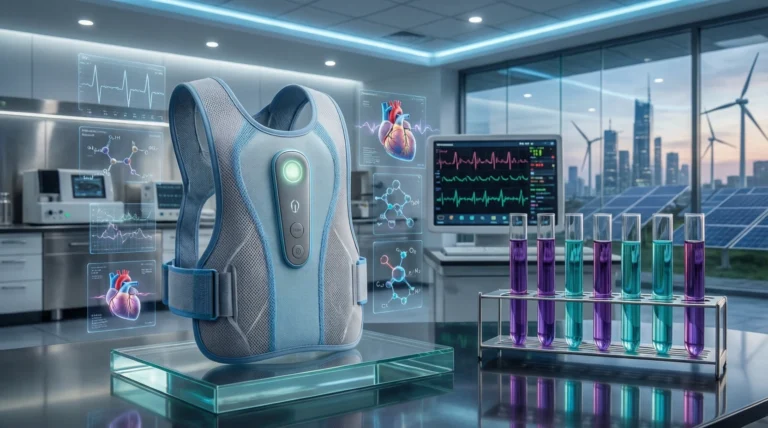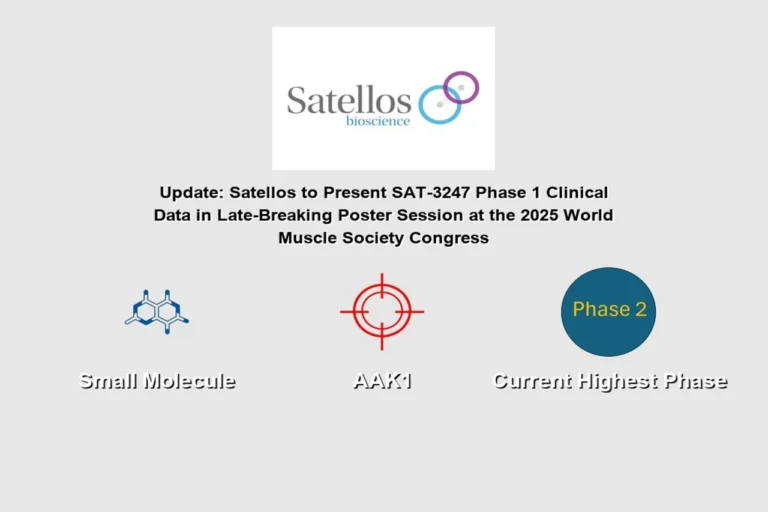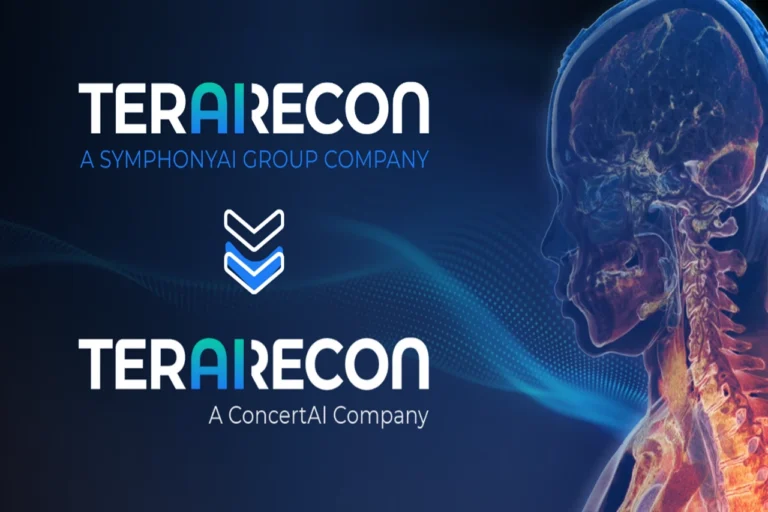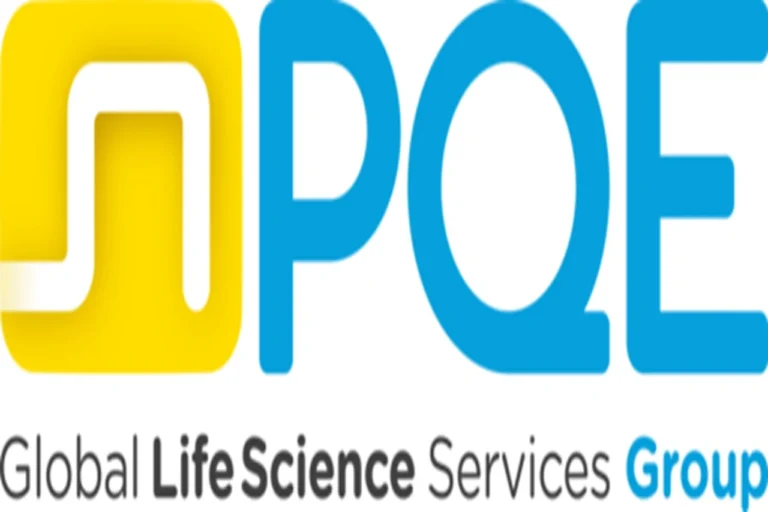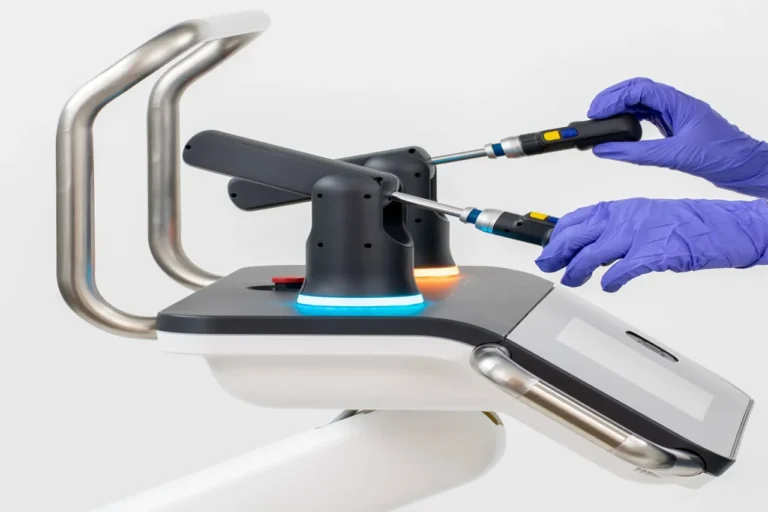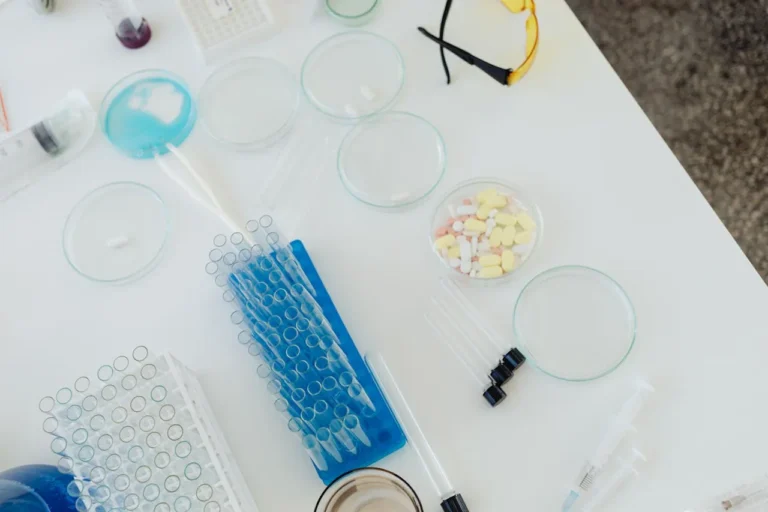
Asahi Kasei, a prominent Japanese technology firm, is intensifying its endeavors in the hydrogen sector. Recently, on May 13, amidst celebration with representatives from the Japanese government and partners, Asahi Kasei marked the official inauguration of a cutting-edge hydrogen pilot plant situated in Kawasaki, Japan. This facility, which commenced operations in March 2024, signifies a pivotal step towards the realization of a commercial multi-module alkaline water electrolysis system, capable of producing green hydrogen on a large scale.
Anticipating a rapid expansion in the hydrogen market in the forthcoming years, Asahi Kasei is actively developing the Aqualyzer™ alkaline water electrolyzer, meticulously designed to cater to the escalating demand for green hydrogen. According to projections by the Hydrogen Council, the cumulative global installed capacity of water electrolyzers is expected to soar to approximately 300 GW by 2030.
To rigorously test the capabilities of its innovative system under real-world conditions, Asahi Kasei initiated the construction of a pilot plant at its manufacturing site in Kawasaki back in November 2022. With the facility now operational, featuring four 0.8 MW Aqualyzer™ modules, the company aims to assess the system’s performance amidst variable conditions, including fluctuating power inputs from renewable sources like solar and wind energy. By leveraging data gathered from these trials, Asahi Kasei endeavors to refine equipment design, operational methodologies, and control technologies of the electrolysis system. Through a multi-module approach, Asahi Kasei aims to amalgamate up to ten modules, each with a capacity of 10 MW, paving the way for commercial large-scale electrolysis systems capable of up to 100 MW.
Asahi Kasei’s foray into the hydrogen sector draws from over four decades of extensive experience in chlor-alkali electrolysis. Targeting a total sales volume of ¥100 billion (€600 million) by 2030, the company plans to commence commercial operations for its alkaline water electrolyzers by 2025.
The pilot plant in Kawasaki represents a significant stride towards this objective, following the successful long-term testing of its 10 MW single-stack alkaline-water electrolysis system at the Fukushima Energy Research Field (FH2R) in Namie, Fukushima, Japan, starting from 2020. The invaluable insights garnered from Namie, coupled with the trial operations at the Kawasaki pilot plant, fortify Asahi Kasei’s market entry strategy with large-scale, highly reliable multi-module alkaline water electrolysis equipment. Moreover, this experience will be instrumental in the joint feasibility study with Gentari and JGC for a 60 MW-class electrolyzer in Malaysia, slated for 2027, as announced in November 2023.
The construction and operation of the pilot plant have received support from Japan’s New Energy and Industrial Technology Development Organization (NEDO) through the “Green Innovation Fund.”


